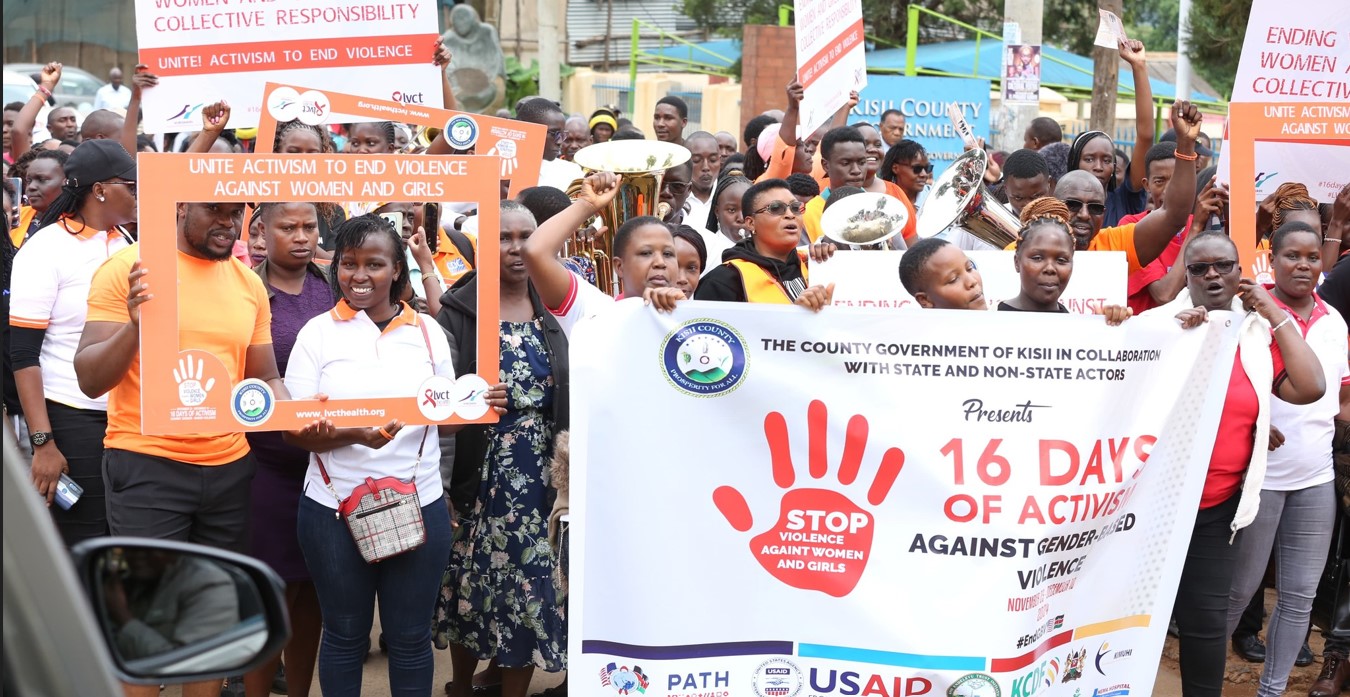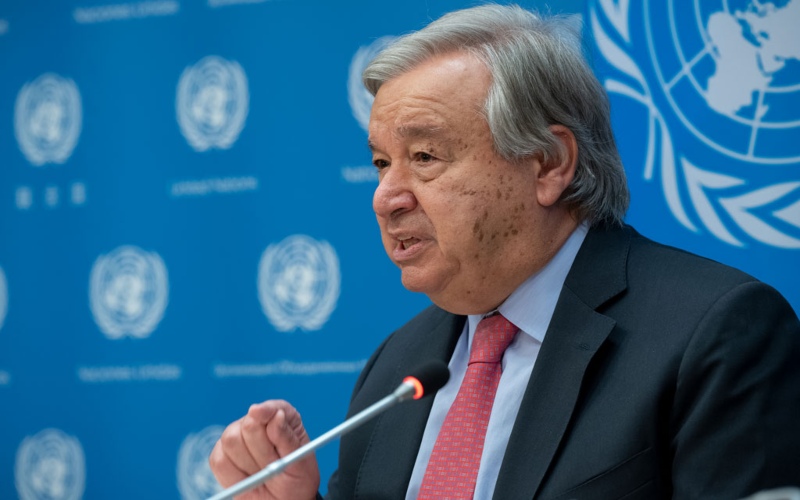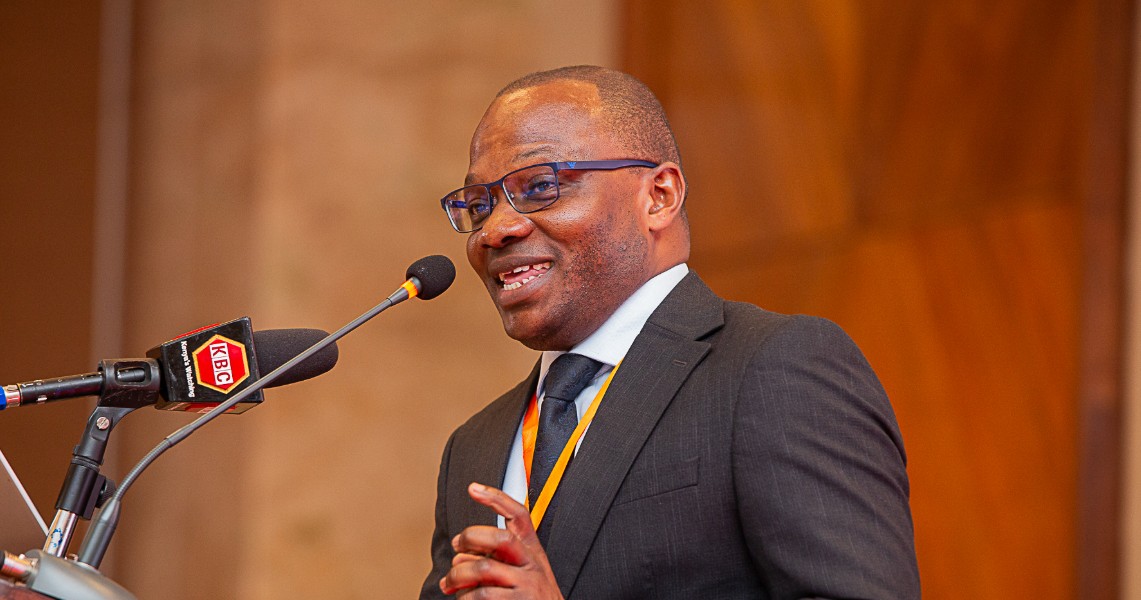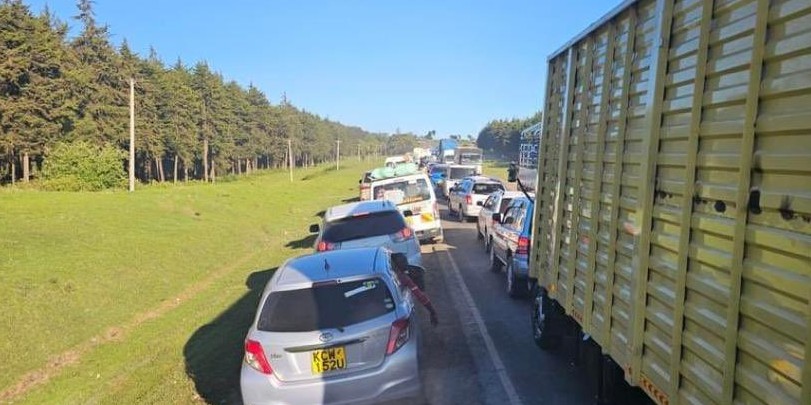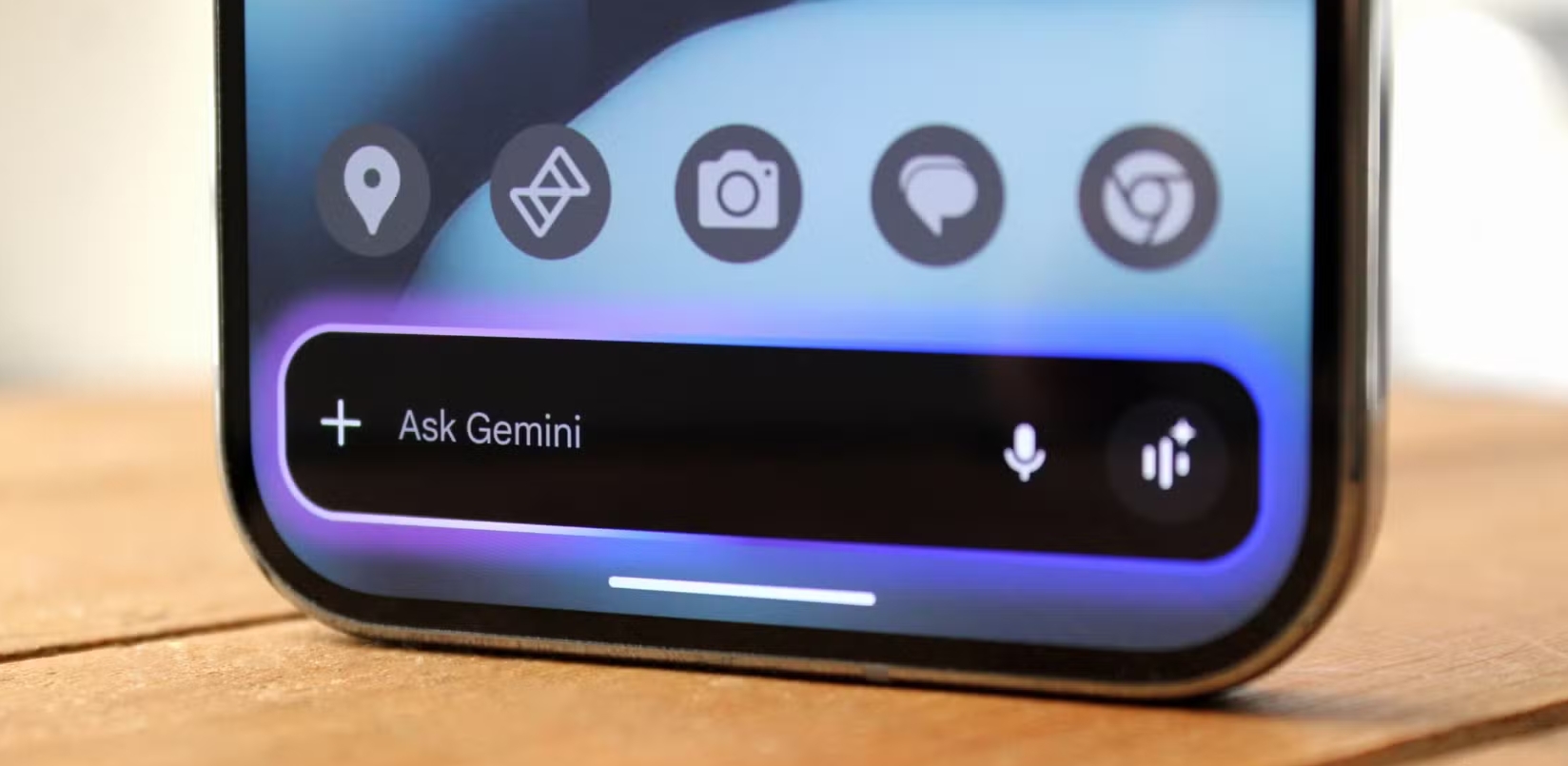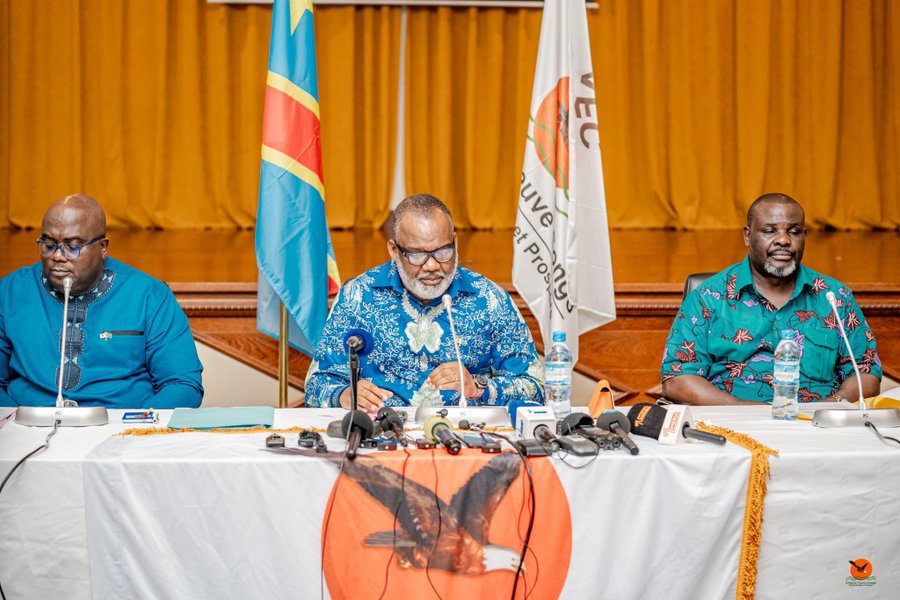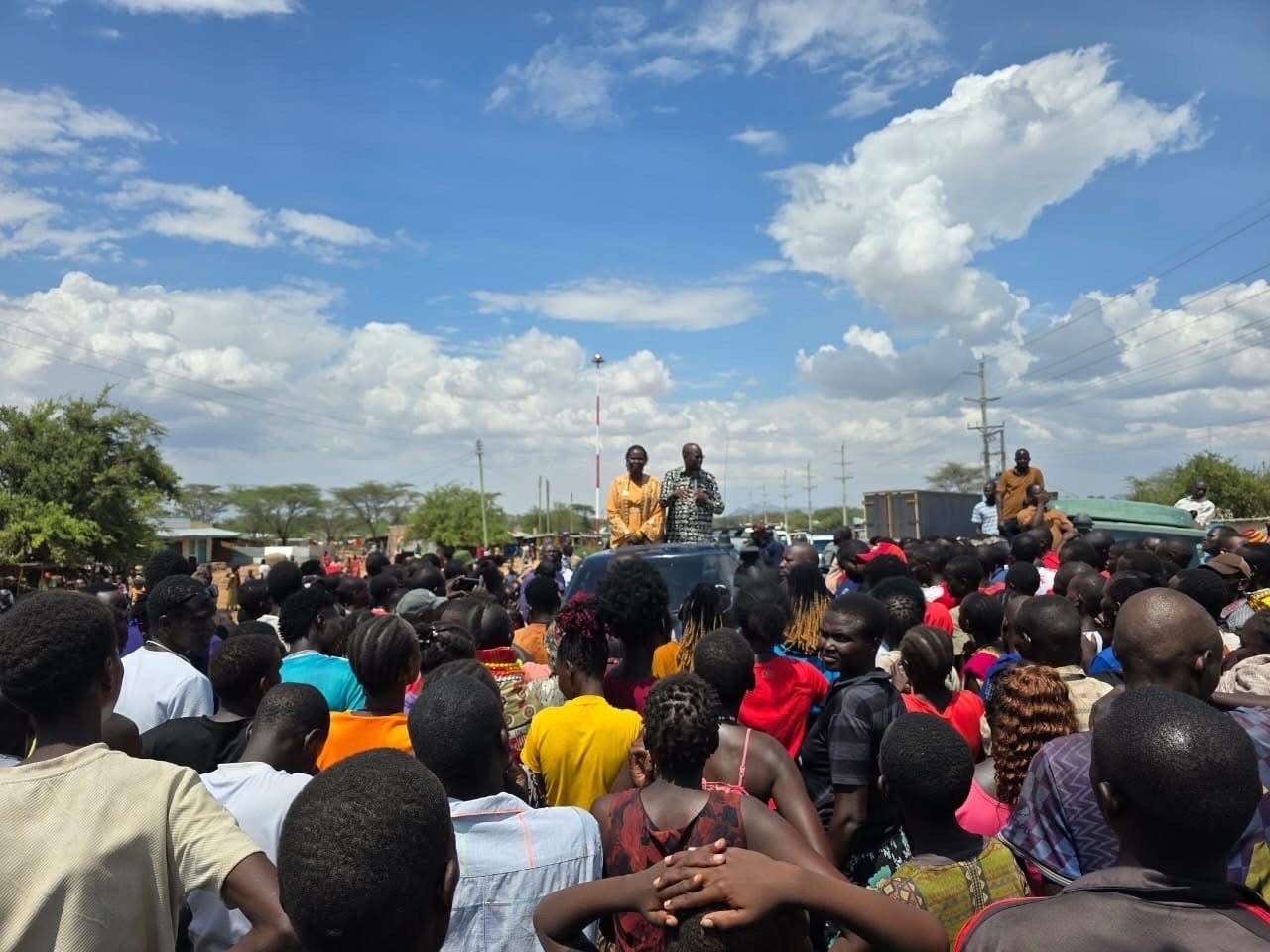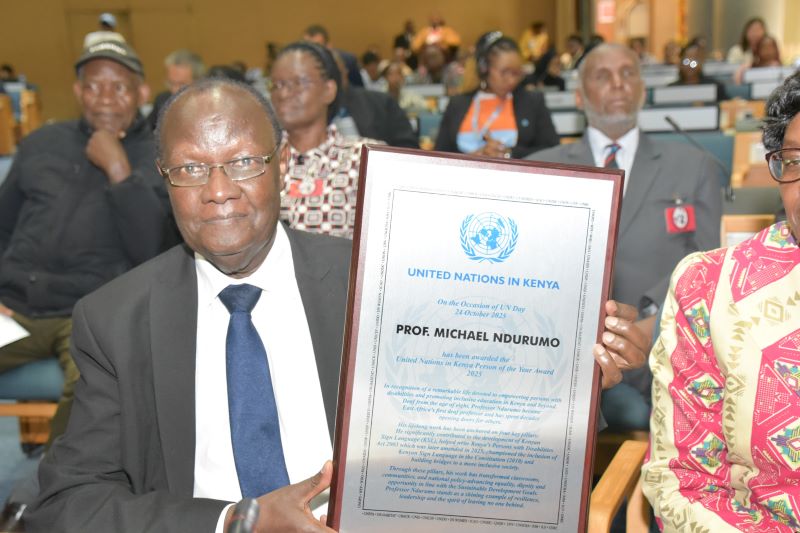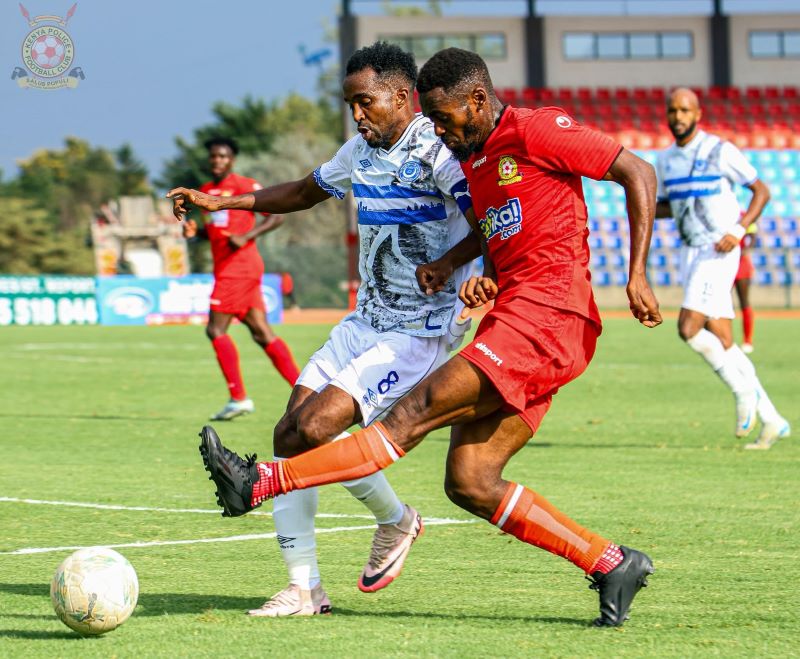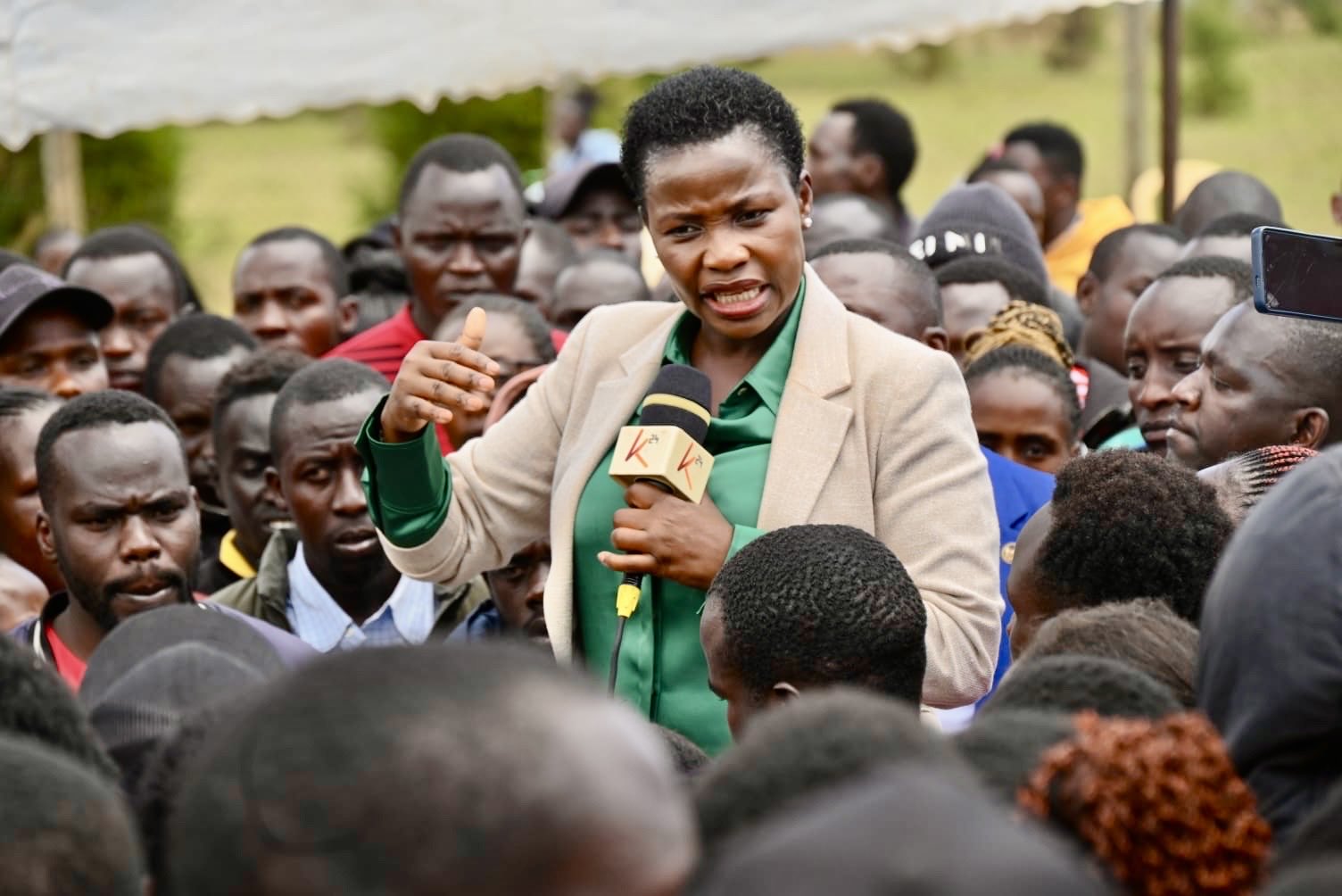CJ Koome: Cyberbullying won't force me out of office

Koome acknowledged being a victim of online abuse, which she described as "technologically facilitated gender-based violence."
Chief Justice Martha Koome has maintained that she will not step down from her role despite facing a wave of online criticism from those who accuse the Judiciary of being overly compliant with President William Ruto's directives.
She alleged that she is being targeted by cyberbullying campaigns aimed at forcing her out of office.
More To Read
- Kenya outshines neighbours in media coverage of SGBV, femicide
- JSC shortlists 100 candidates for High Court judge positions
- Lawyer sues Chief Justice Koome over delayed rollout of Small Claims Courts
- International Day of the Girl: UNICEF highlights increased risks for girls amid crisis
- Turkana County, Amref launch final phase of HIV, TB and reproductive care project
- 129 judicial officers appointed as Small Claims Court adjudicators
Speaking at the opening ceremony of the Annual Human Rights Summit 2024 on Tuesday, Koome acknowledged being a victim of online abuse, which she described as "technologically facilitated gender-based violence."
She said the attacks were part of a larger strategy to undermine her position.
"I always confess that I'm a victim of cyberbullying, or I'll say technologically facilitated gender-based violence. But I know the intentions; it's a business model, I don't know to achieve what, maybe to scare me, to distract me, to defame me and hound me out of office but they can try something else," she said.
While discussing the broader issue of gender-based violence, Koome also addressed the Judiciary's efforts to combat the vice. She highlighted the establishment of 13 specialised courts dedicated to handling gender-related crimes.
However, she raised concerns over the rehabilitation of convicted perpetrators.
"We have dealt with perpetrators of such cruel actions and put behind bars the criminals but while they are serving sentences, they are being trained by the University of London to become lawyers?" she posed.
"The other day we saw 29 of them qualify as lawyers. What happens to the victims? We ask ourselves!"
Koome further reflected on the Judiciary's role in safeguarding human rights, specifically the right to peaceful protest.
She emphasised the High Court's role in ensuring accountability, particularly during the Gen Z demonstrations, where protesters were unlawfully arrested.
"One of the High Court's significant achievements is its defence of the right to peaceful assembly and protest," Koome said.
"At a time when courts in other jurisdictions may have turned a blind eye or sanctioned heavy-handed approaches, the High Court of Kenya courageously intervened to chart a delicate balance between law enforcement and the constitutional right to peaceful protests."
Top Stories Today
